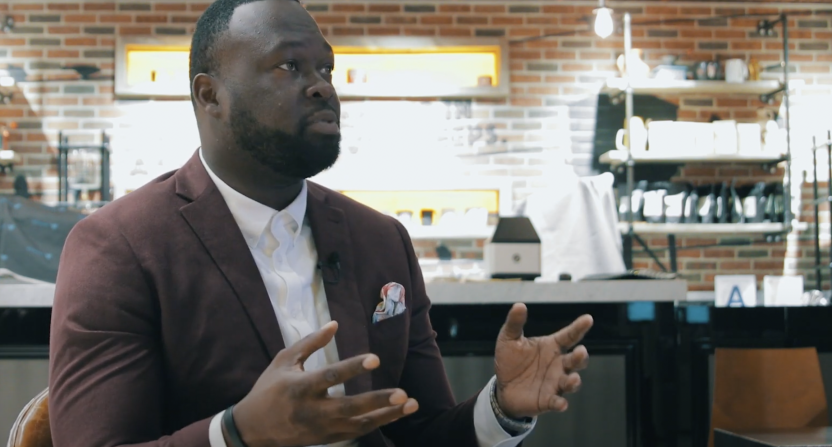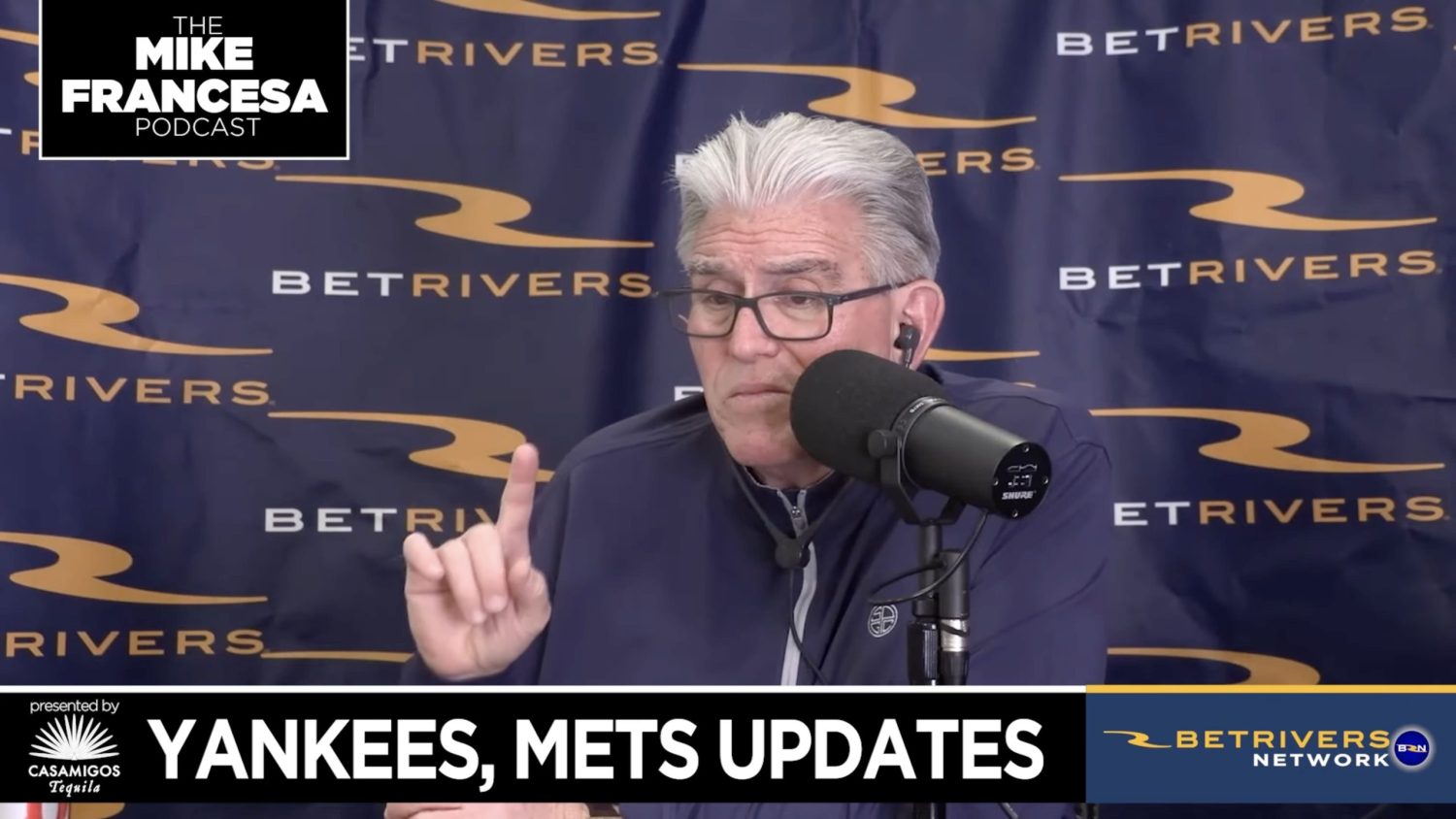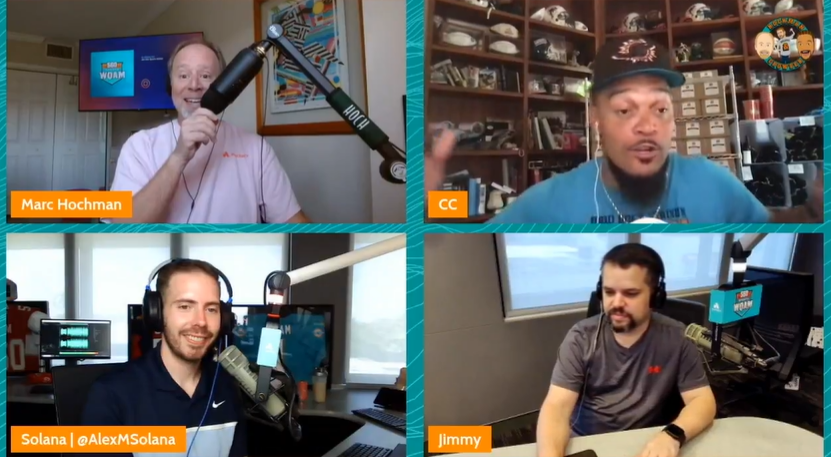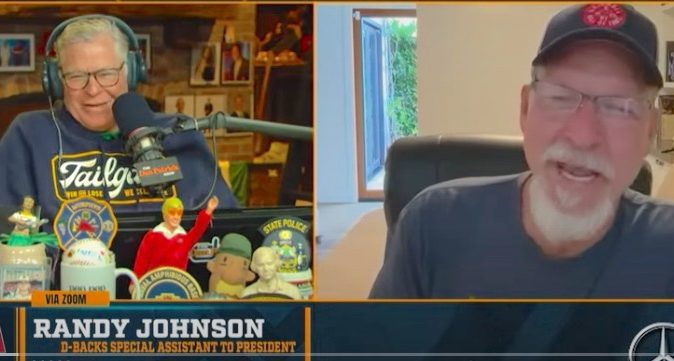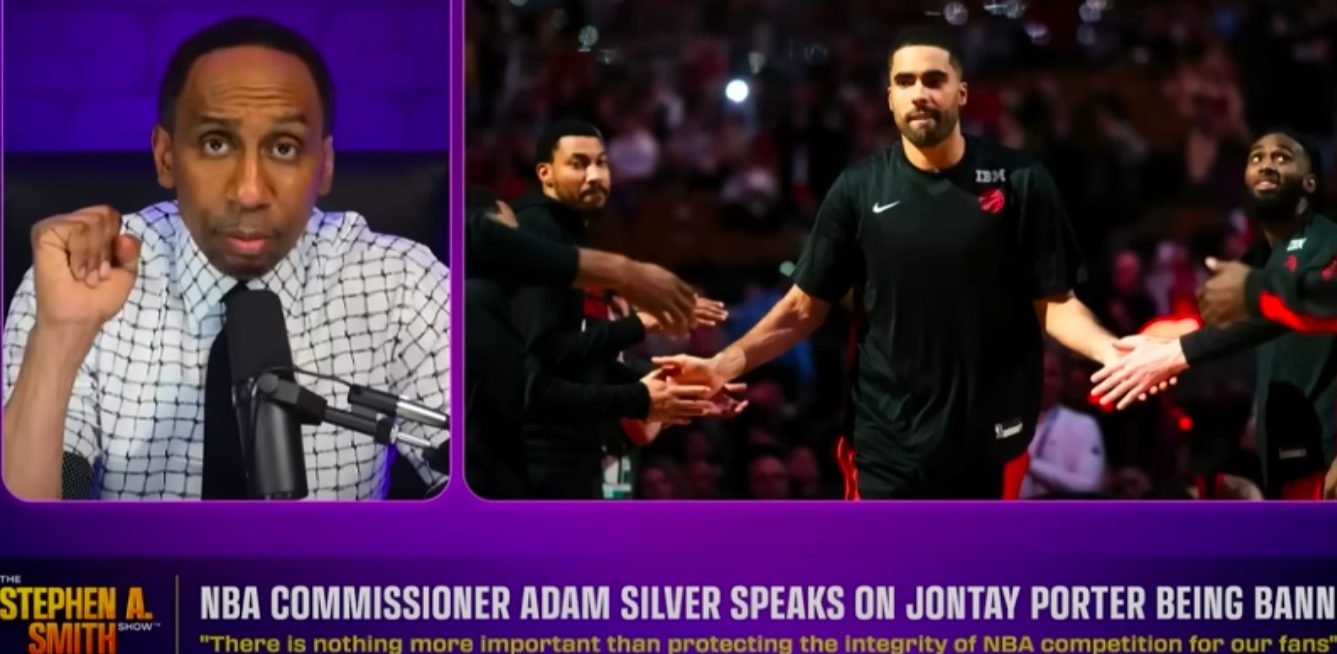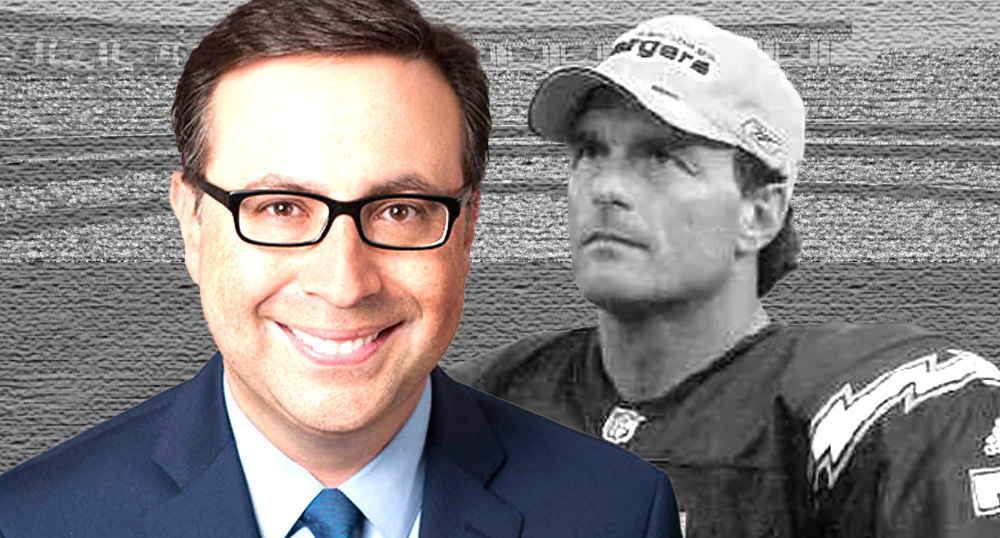Before he was the Twitter Global Head of Content Partnerships, TJ Adeshola spent many years at ESPN where he worked his way up to become their digital sales director. That puts him in the middle of the ongoing evolution of how sports reach the masses and how athletes and networks connect directly with fans. Managing Twitter’s partnerships with all of the major sports leagues, including the NFL, NBA, and MLB, Adeshola’s perspective is sought-after as everyone tries to figure out the way that leagues, athletes, and broadcasters can navigate the social media space effectively and avoid the many, many roadblocks.
Adeshola appeared on NPR’s The Limits with Jay Williams this week where the two discussed the state of sports media, amongst other things.
One topic that came up was the dreaded “old tweet” that comes back to haunt someone once they become famous. In what has become commonplace, every so often, an athlete or media personality will see problematic tweets from six or seven years ago, perhaps when they were a child, resurface and cause a media circus. Sometimes it simply leads to an apology but sometimes it can cost people their jobs.
Adeshola said this is a phenomenon that Twitter is not only aware of but actively tries to help young athletes avoid.
“When that incoming rookie class or draft class comes in, we reach out to CAA, we reach out to Excel [Sports Management], we reach out to Wasserman, and we say, yo, here’s how to scrub your account,” said Adeshola. “These humans are going to be treated as grown-ass adults even though they’re teenagers. Even though their tweets from five-six years ago may not be reflective of the growth and the evolution that has evolved in them. So we have to hold hands.
“And when we talk to young kids, especially in this NIL era, I’m like, change your name from ‘YungSwag247365GetMoney’ to “Thomas Johnson” or whatever your name is. You’re a brand now. You have to be cognizant of the types of things you communicate, the types of things you tweet.”
Adeshola knows as well as anyone about the perils of being Black in the tech industry. He told Williams that working at ESPN ended up being a blessing because he had access to so many Black executives and talent.
“I’m really fortunate to have had incredible mentors at ESPN,” said Adeshola. “They had an open-door policy with me. There was Roz Durant, Kim Wilson, Charita Johnson, Rob King, Wendell Scott, Keith Clinkscales. There were just incredible people that were leaders at ESPN who looked like me. And John Skipper was always down with the homies. Always.
“I was naive enough to think it was regular to not only have a group of executives who look like you but furthermore, to have a group of executives who look like you who open the door for you to have a seat. Those are two very different things. It’s one thing to see a person of color occupy a space, which is incredible. But, to then have a person of color who occupies that space but then responds to your email, opens the door, or takes the time to chop it up with you, that’s a level deeper than many of us will have the opportunity to tap in with.”
Being Black in tech, especially in Adeshola’s position, means he gets invited to a lot of panels on diversity in tech, to the point where he senses criticism over how often he does it. He explained that it’s critical that the conversation continues to happen so that panels like that, and tech offices around the country, always have other people that look like him in them.
Heard a whole lot of big talk about "diversity" last summer.
Are yall keeping the same energy regarding hiring diverse candidates or nah?
What does your team look like?
What changes have you made since you posted black squares and sent performative emails to your company?
— @TJay (@TJay) April 5, 2021
Specifically, he cited a trend that he’s noticed regarding sports league and pro team social media accounts that co-opt references from Black culture without actually employing Black people.
“I think about the [Twitter] timeline when a crazy play happens or a Drake album drops or a Gunna album drops or a Kanye album drops,” said Adeshola. “All these teams are tweeting out lyrics and memes with Druski. But then if you look behind the curtain, they don’t look like the people that they tweetin’ about. And that’s not to say that every social media manager should be Black, but it is to say that there shouldn’t be any league without one social media manager of color. And unfortunately, that’s the case for some of these leagues. ”
You can listen to the full interview at the link below.
[NPR]

